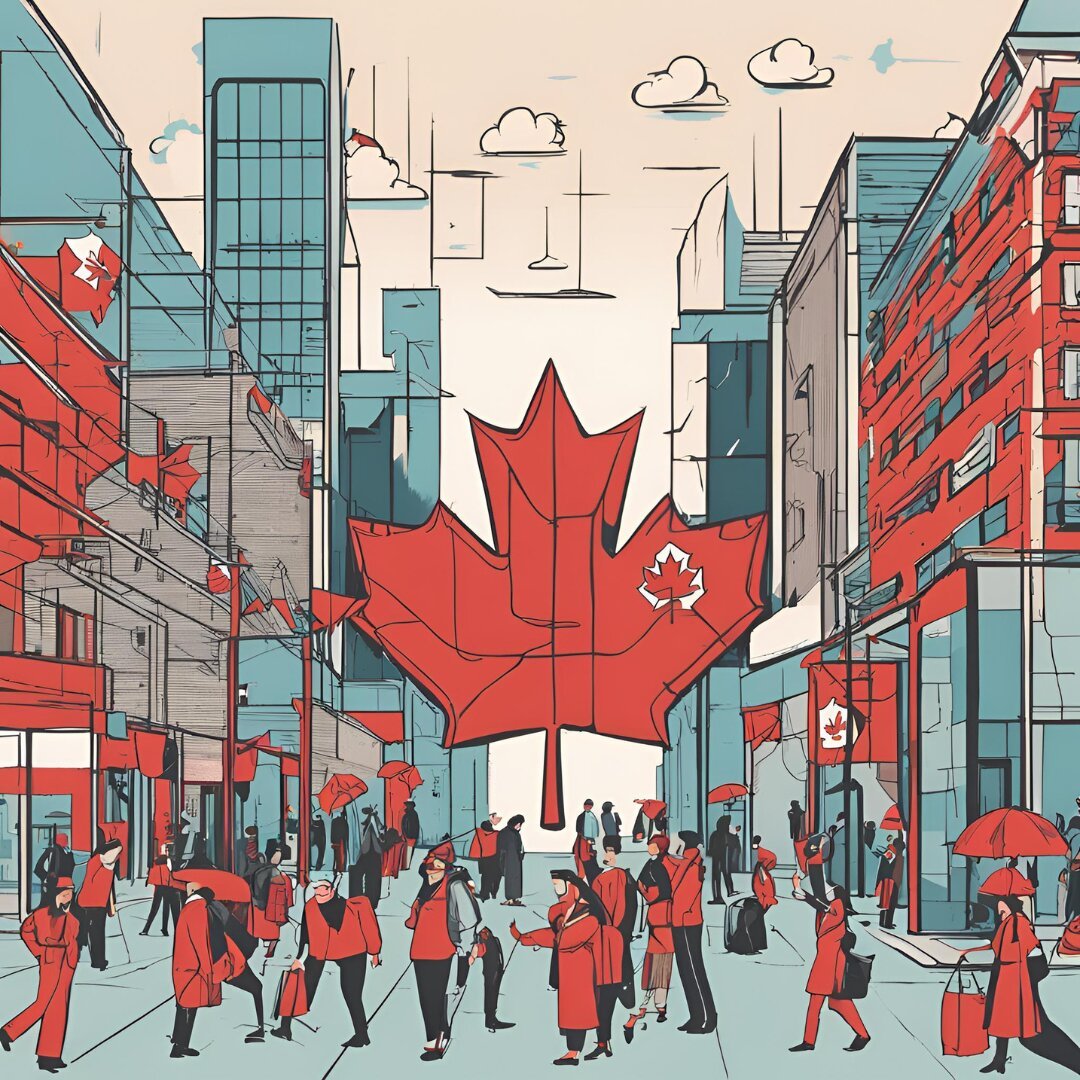"Finding Joy in the Challenge"
When I first arrived, my biggest challenge was the lack of a professional network and I knew no one who could propel my career forward. Most of the people I was acquainted with were also students or new immigrants hunting for jobs.
Sharing my mistakes and setbacks with others allowed them to relax, knowing they weren’t alone in their struggles. It created a sense of camaraderie and openness, enabling everyone to learn from each other's experiences.
My best friend and I would often share a few tears and a cup of coffee with our own "oops" and "oh shoot" moments from our recent job interview rejections.hashtag you are not alone is a powerful reminder in the face of setbacks.
"Becoming a Connector"
Whenever I received a rejection email, I would reach out to the recruiter or hiring manager to ask about specific gaps they noticed in my skills or experience. I would also take the opportunity to introduce other students or new immigrants in my network who might be a better fit for the role.
This strategy of being a connector often came full circle. 🙂
One memorable instance was when someone I had previously referred ended up recommending me for a role. This full-circle moment was incredibly gratifying and reinforced the power of networking and helping others. Be generous about sharing my resources and connections.
It also signalled not just what I know but who I know networking.hashtag
"Turning Rejection into Advantage"
Every setback and rejection became an edge, teaching me that any response is better than no response. Celebrating the receipt of a response, even a negative one, is crucial as it opens the door to new possibilities.
Rejections provided valuable insights into improvement areas forcing you to analyze each failed attempt closely and adjust strategies for the next opportunity.
"Strategic Self-Assessment"
From a strategy perspective, I meticulously documented each interview experience, focusing on objective facts. I avoided editorializing and kept emotions at bay noting the questions asked, my answers, and identifying potential gaps or areas where I could provide more compelling anecdotes or evidence in the future.
This critical self-assessment enabled me to realign my responses and improve my interview performance over time. I became more adept at presenting my skills and experiences.
After a set back you will always find me with a box of chocolates and books to get me out of negative headspace. Looking back I believe those days I spent wallowing in selft were every bit as essential for my rebound as all the other steps I took on.hashtag
Authors
Gurleen Dhillon
Canada Career Conversations addresses gaps in career opportunities, stemming from its founder's unconventional entry into talent analytics, her experience at Deloitte, and other major firms. The platform offers career insights, recruitment news, and a podcast featuring industry leaders, advocating for self-defined career paths.





Discussion
Please log in to post comments.
Login